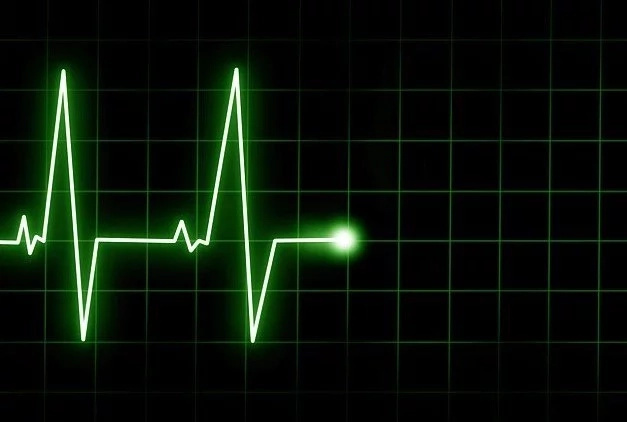There is indeed life after death! Scientists bring evidence following extraordinary and unexplained case (video)
Published on March 13, 2017 at 12:34 PM by FACE OF MALAWI
The brain of a dead patient, which a group of Canadian doctors was studying, was unexplainably active for over ten minutes after the time of his death.

Is there is life after death? This study may pave the way for a better answer.
These researchers from the University of Western Ontario had been monitoring the brain activity and heart beatings of four people who were in intensive care, after their life support machines were turned off.
The brain activity of three of those four patients stopped just as their hearts ceased to function, but they were amazed at what they experienced with the fourth person: he was already clinically dead, with no arterial blood pressure, but continued to release single delta wave bursts, even after his heart had stopped. These electric waves are normally present when a person is in deep sleep, and they are an indication that the brain is still functioning.
The doctors involved in the study consider this case is “extraordinary and unexplained.” There are also reports that claim one in five people report “other-worldly experiences” while they have had cardiac arrest.
The finding from the study of these four patients was published in the National Centre for Biotechnology Information. The scientists expressed that their brain recordings were all completely different one from the other, which suggests all humans experience death in unique ways.
The timing of death throws up difficult questions about organ donation.


